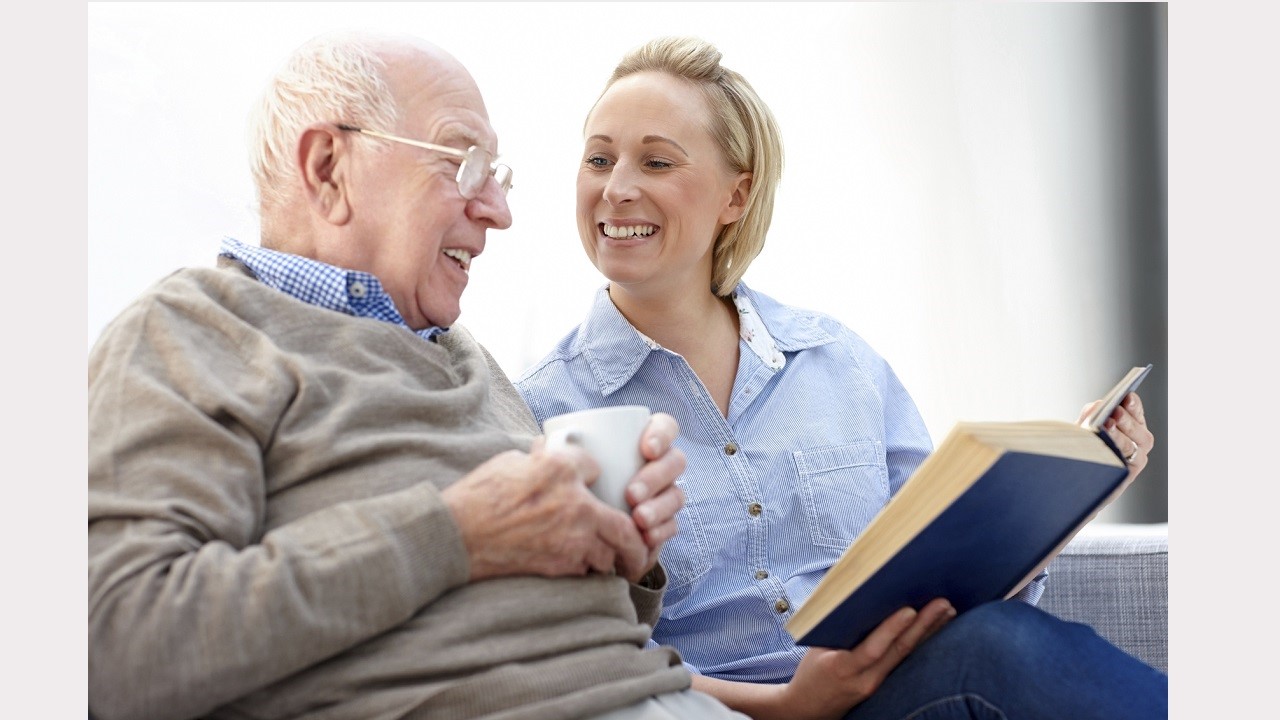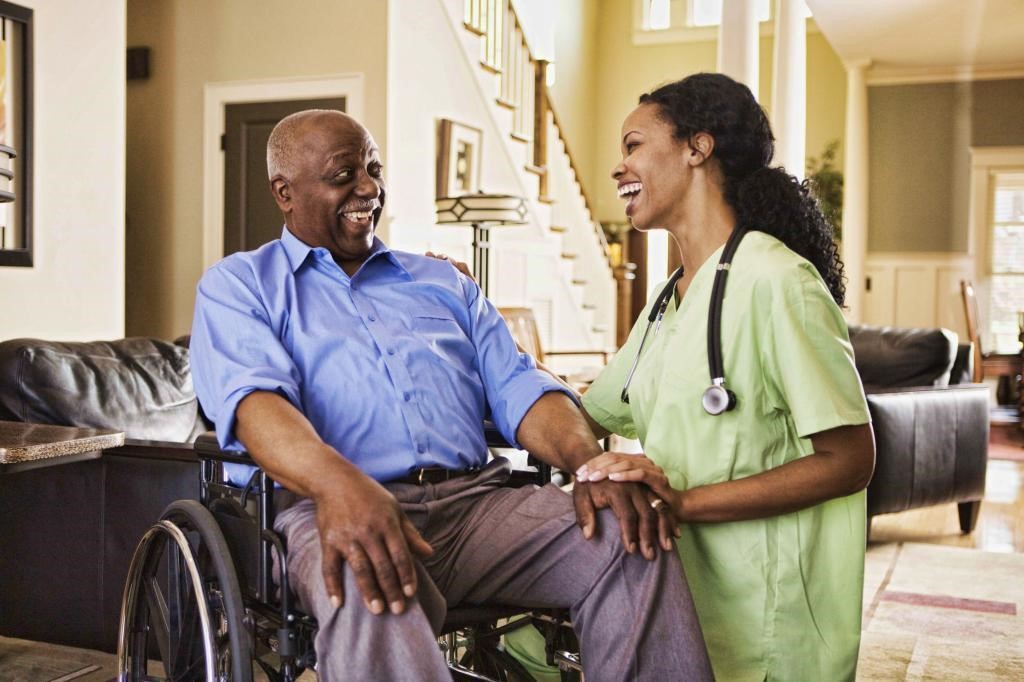As your parent or a loved one ages, you may need to consider what is best for their living arrangements. There are a variety of options, such as home care and assisted living being the most common. Assisted living facilities are designed housing options for people who need help with common activities but who do not need a lot of medical treatments daily. Another option that is popular with many is care in the person’s own home.
Moving your loved one into assisted living can be difficult for everyone involved, but sometimes it’s even more difficult to know when is the right time to move or to call in outside help. Obvious red flags include hip fractures or a sudden decline in health and these can accelerate the decision or the process, but more often than not, there is no clear sign.

If you suspect that your loved one is no longer safe living alone, ask yourself these questions:
1.Has your loved one fallen recently?
If the person falls again, how long might they may be incapacitated before they received help? Multiple falls, particularly if your loved one cannot get help, are a sign that it’s time for more assistance and perhaps for assisted living facilities or live in care. For Live in Carers, contact a site like Liveincare.com who specialise in Live in Carers.
- Does your loved one take longer to recover after an illness or injury?
This could be a sign of the weakening of the immune system, and may tell you that they will need more immediate treatment. Talk to their doctor if you feel worried. Having full-time care in an assisted living facility or live in care can greatly improve their health.
- Is the person suffering from chronic health problems that are only getting worse?
If they do, it may be time to move them into an assisted living facility or nursing home. If they are strong enough, they can engage in the selection and might welcome the opportunity to socialise and meet other residents.
- Does your loved one struggle taking prescribed medications?
If they struggle to remember or follow instructions, assisted living or care in the home can help. The staff can ensure they take the medication they need and when they need to.
- Do they have problems with daily activities?
Is your loved one able to cook for themselves? What about their laundry and bathing capabilities? If the answer is no or you’re unsure, you should consider the need for care.

- Does your loved one eat well?
Have you noticed that your loved one is mostly eating takeaway or frozen foods? Has there been a noticeable change in their weight recently? Sudden weight gain or loss could signal a serious medical problem or that they are having difficulty preparing meals.
- Are you concerned about hygiene?
Are you aware that they are no longer taking care of themselves as before? Have you noticed that they no longer smell clean? This could be a sign of someone having a tough time with personal hygiene, which also increases their risk of emotional and mental decline, as well as infection. Issues with self-care can be a sign that a person might not be coping alone.
- Do they have a mobility problem?
Does your loved one have trouble walking? Can they get up and down stairs without assistance? If not, they may need to renovate their homes for aging needs or move into assisted living facilities to ensure their safety.
